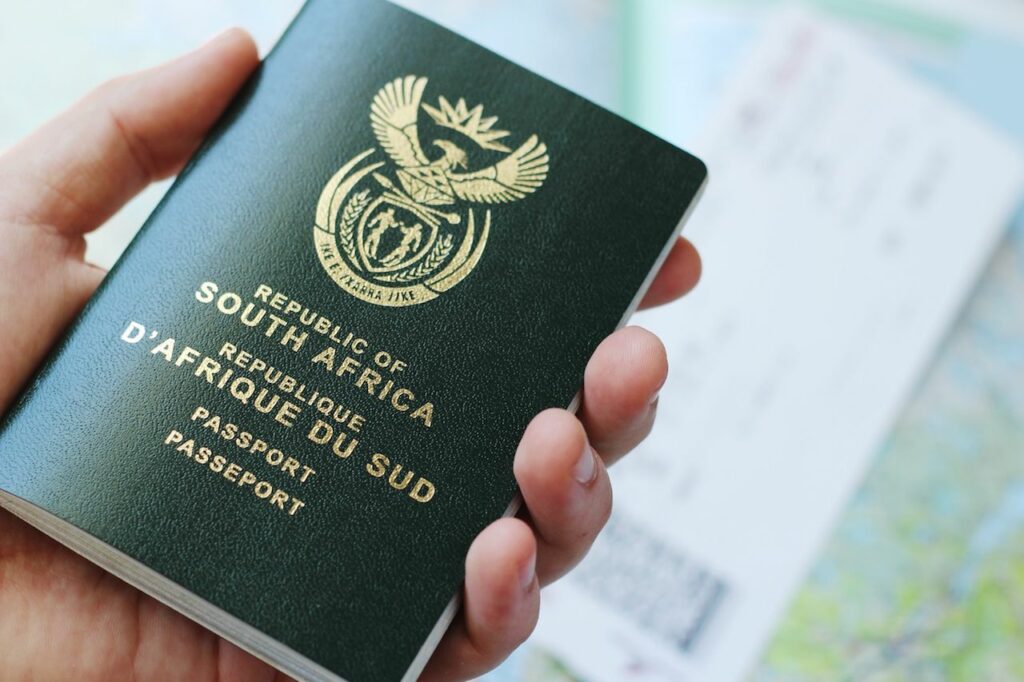In a landmark ruling on June 13, the Supreme Court of Appeal in South Africa declared Section 6(1)(a) of the Citizenship Act as unconstitutional and invalid. The decision marks a significant development in the country’s legal framework surrounding citizenship, holding implications for individuals affected by the provision and potentially leading to changes in citizenship policies.
Section 6(1)(a) of the Citizenship Act stipulates that a child born in South Africa to non-citizen parents is not automatically granted citizenship, unless one of the child’s parents is a permanent resident or a South African citizen. The provision has been subject to criticism for its potential infringement on the rights of children born and raised in the country, particularly when their parents do not possess the necessary citizenship or permanent residency status.
The Supreme Court of Appeal, in a unanimous decision, declared that Section 6(1)(a) of the Citizenship Act violates the constitutional rights enshrined in the South African Constitution. The court found that the provision discriminates against children based on their parents’ nationality or immigration status, thereby infringing upon their right to equality and dignity as guaranteed by the Constitution.
The ruling came as a result of a legal challenge brought forth by a group of individuals who were affected by the provision. They argued that the requirement placed an unfair burden on children and contravened their fundamental rights. The Supreme Court of Appeal’s judgment affirmed their position, recognizing that all children born within South Africa’s borders should be entitled to citizenship by birthright, regardless of their parents’ immigration status.
The implications of this ruling are significant. It calls into question the validity of previous cases where children were denied citizenship under Section 6(1)(a) of the Citizenship Act. The ruling may also prompt the government to review and amend the relevant legislation to bring it in line with the constitutional rights of individuals.
While the Supreme Court of Appeal’s ruling invalidates Section 6(1)(a) of the Citizenship Act, it is important to note that its implementation might be delayed, pending any potential appeal or legislative action from the government. The ruling gives lawmakers an opportunity to revisit the legislation and enact appropriate amendments to align with the court’s decision.
The court’s ruling reflects a broader global trend towards inclusive citizenship policies that recognize the rights of individuals born and raised in a country, regardless of their parents’ nationality or immigration status. It reaffirms the principle of equal treatment and non-discrimination enshrined in South Africa’s Constitution, further strengthening the country’s commitment to human rights and the protection of vulnerable groups.
The Supreme Court of Appeal’s judgment has generated widespread discussion among legal experts, human rights advocates, and the public. It highlights the importance of constitutional principles and the judiciary’s role in upholding and interpreting them. The ruling also underscores the need for an ongoing examination of legislation to ensure its compatibility with constitutional rights and values.
As the legal landscape evolves in response to the Supreme Court of Appeal’s ruling, the government is likely to face pressure to address the issue promptly. The decision emphasizes the urgency of reviewing and reforming South Africa’s citizenship laws to ensure that they align with constitutional principles and protect the rights of all individuals, including those born within the country’s borders.
While the full ramifications of this ruling are yet to unfold, it represents a significant step towards ensuring equal rights and opportunities for all individuals residing in South Africa, regardless of their parents’ citizenship or immigration status.
It remains to be seen how the government will respond to the Supreme Court of Appeal’s ruling, but the decision undoubtedly sets the stage for a potential transformation in the way citizenship is determined in South Africa, prioritising the rights and well-being of individuals who call the country their home.
